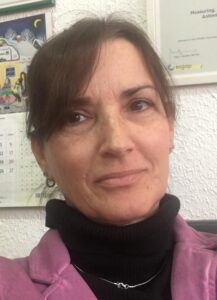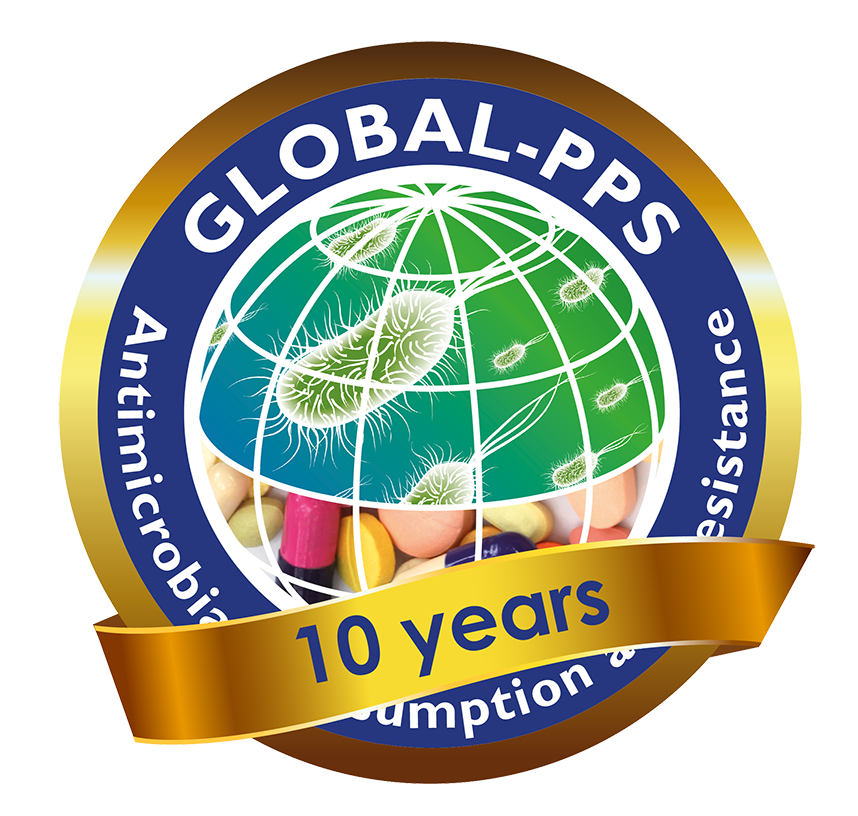A perspective on AMR by IPC specialist Dr. Biljana Carevic
Dr. Biljana Carevic, a pioneering hospital epidemiologist, has dedicated her career to infection control and antibiotic stewardship. In this interview, Biljana discusses her work, the challenges of antimicrobial resistance (AMR) in Serbia versus Norway, and her ongoing efforts with the Global Point Prevalence Survey.
 Can you introduce yourself and elaborate your work?
Can you introduce yourself and elaborate your work?
Biljana Carevic: I’m a hospital epidemiologist. When I started, most epidemiologists in former Yugoslavia would work in the institute of public health but I was one of the first that began to work in a clinical centre. My specialisation was very useful to work in infection control. At that time, many healthcare professionals across Europe were looking into infection control, and the link between infectious diseases and clinical microbiology. I was closely involved in expanding the infection control expertise in Serbia and also collaborated on a European level, for example in the COMBACTE project led by Prof. Herman Goossens.
About one and a half years ago, I moved to Norway because I wanted to see how it is to do the same work in a well-developed, high-income country.
How is the situation regarding AMR in Serbia?
Biljana Carevic: When the COVID-19 pandemic hit, we stopped our main work and focussed our efforts entirely on battling it. When we did the global point prevalence survey (Global-PPS), we saw from the data that we used a lot of antibiotics during the pandemic. So, there is definitely a problem of antibiotic overuse in Serbia. As I am the president of the Serbian Association for Infection Control, I have a plan to participate in organising an European Committee on Infection Control (EUCIC) course, together with colleagues such as Prof. Bojana Beovic, a leading infectologist from Slovenia. The topics covered by the course will be antibiotic usage and resistance, diagnostics and infection control.
When and how did you start your collaboration with Global-PPS?
Biljana Carevic: About 10 years ago, I was invited by Prof. Herman Goossens and Ann Versporten to participate in the Global-PPS. I organised a course on rational antibiotic use in Belgrade and invited Ann to come explain the Global-PPS methodology. I invited healthcare professionals from across Serbia and other regions in former Yugoslavia. After that course, we performed our first Global-PPS and Ann presented our results with a poster at ECCMID.
What were the concrete advantages of a Global Point Prevalence Study for the Clinical Center of Serbia? How did you use the results?
Biljana Carevic: I used the data gained from the survey to correctly tackle our problem with extensive and prolonged use of antibiotics in prophylaxis. We performed the survey in the neurosurgery, thoracic surgery and orthopaedics departments. Our infectologist prepared guidelines and they were sent to all directors of the healthcare centres in our university clinical centre, which had about 3.700 beds in total.
What were the specific challenges you encountered during implementation of these AMS activities?
Biljana Carevic: A definite challenge is to change the prescribing behaviours and that doctors follow the protocol. For example, surgeons feel the weight of the responsibility over their patient and argue that they need to go talk to the families when something goes wrong. Which means they can be more hesitant to change their trusted way of working.
What I also noticed when performing the PPS in my clinical centre was that the questions on starting antibiotics often weren’t filled in. For example, did the physicians wait for the lab results before starting antibiotics, if not, did they change the prescription according to the results when they received them, etc. That is something I became aware of thanks to the Global-PPS.
What are the main challenges of using Global-PPS and what can be improved?
Biljana Carevic: I didn’t really experience any difficulties using Global-PPS. I think it’s a great tool for anyone that wants to start tackling their antibiotic resistance issues. The results get analysed for you and the data you receive is very useful. A comparison can be made with other departments in your hospital or other hospitals within your country.
In the upcoming years, what do you hope to achieve with Global-PPS?
Biljana Carevic: Currently, I’m working in Norway but here clinicians are known for not using a lot of antibiotics. Broad spectrum antibiotics aren’t prescribed often because for a long time there was no reason to. However, now that people travel more and more, they can pick multi-resistant organisms during their travels and have to get treated when they get back home. Compared to Serbia, Norway has less use of antibiotics and a higher infection control so they have much less of a problem with antibiotic resistance. It would still be interesting to organise a Global-PPS here to get specific data on this.
About Biljana
Dr. Biljana Carevic has an extensive background in infection control and prevention. In 2022, she started working for the Oslo University Hospital as a Special Advisor for IPC and currently holds the position of Head of IPC. Biljana has been serving as the President of the Serbian Association of Prevention Infection Control since 2022. From 2015 to 2019, she was a consultant to the Ministry of Health in Montenegro and coordinated regional and national efforts for the COMBACTE projects between 2016 and 2021.
Biljana worked as a WHO Consultant in Montenegro for the “Assessment IPC Core Components at National and Facility level” from 2019 to 2020 and has been a member of the Executive Board of the European Committee of Infection Control (EUCIC) since 2019.
